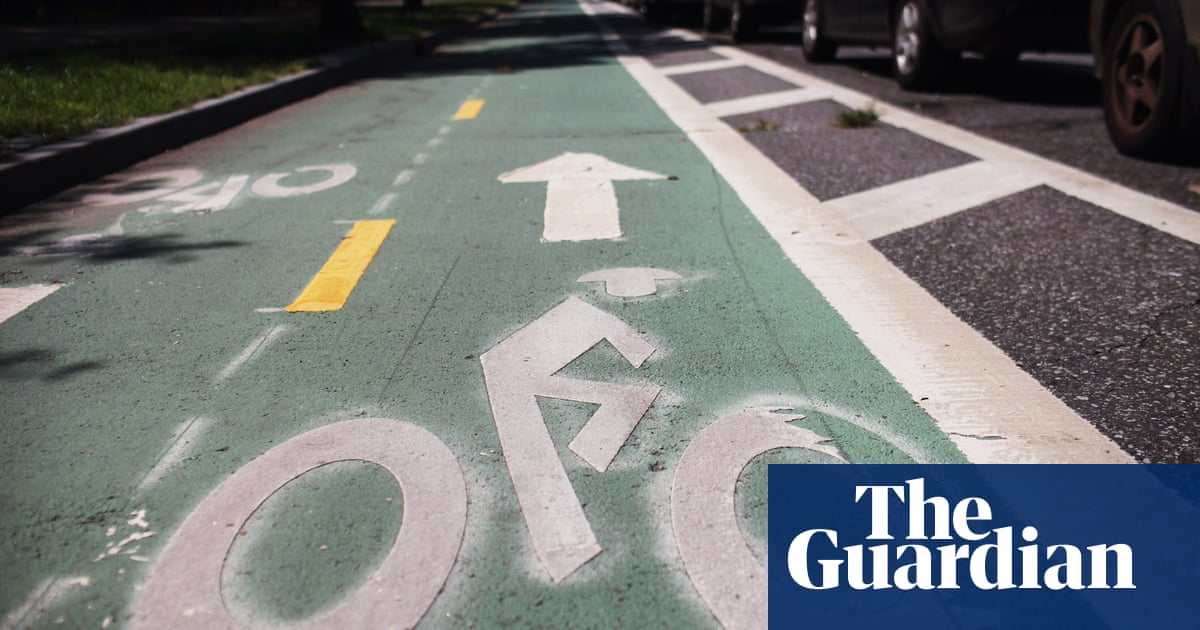- cross-posted to:
- apple@lemmy.ml
- cross-posted to:
- apple@lemmy.ml
Archived version: https://archive.ph/hguLn
Excerpt (and context):
Apple Maps’ offering might surprise people who remember its disastrous launch in 2012, which the Guardian described as the company’s “first significant failure in years”. Users were more than furious – they were lost, sometimes dangerously so. In Australia, police had to rescue tourists from the huge Murray-Sunset national park, after Maps placed the city of Mildura in the wrong place by more than 40 miles. Some of the motorists located by police had been stranded for 24 hours without food or water. In Ireland, ministers had to complain directly to Apple after a cafe and gardens called “Airfield” was designated by the service as an actual airport.
But mostly the map was just glitchy and unhelpful, its directions always a little off kilter. Users revolted and Apple made a rare retreat, allowing Google Maps to be used as the default on many iPhone apps and apologizing for the product.



I don’t remember this stuff at all, but it is quite amazing that a) Apple Maps was that bad and b) people blindly followed it’s directions to that extent without checking a real map or just applying some common sense based on the signage along major roads.
The official government maps that are that bad.
For example we used to have a road running along the edge of our property which didn’t exist. It was planned and budgeted 60 years ago but they never built it. The non-existent road was about 15km long and everyone who lived along it had no alternative. There was just a bush track which ran through private property (across a dozen properties).